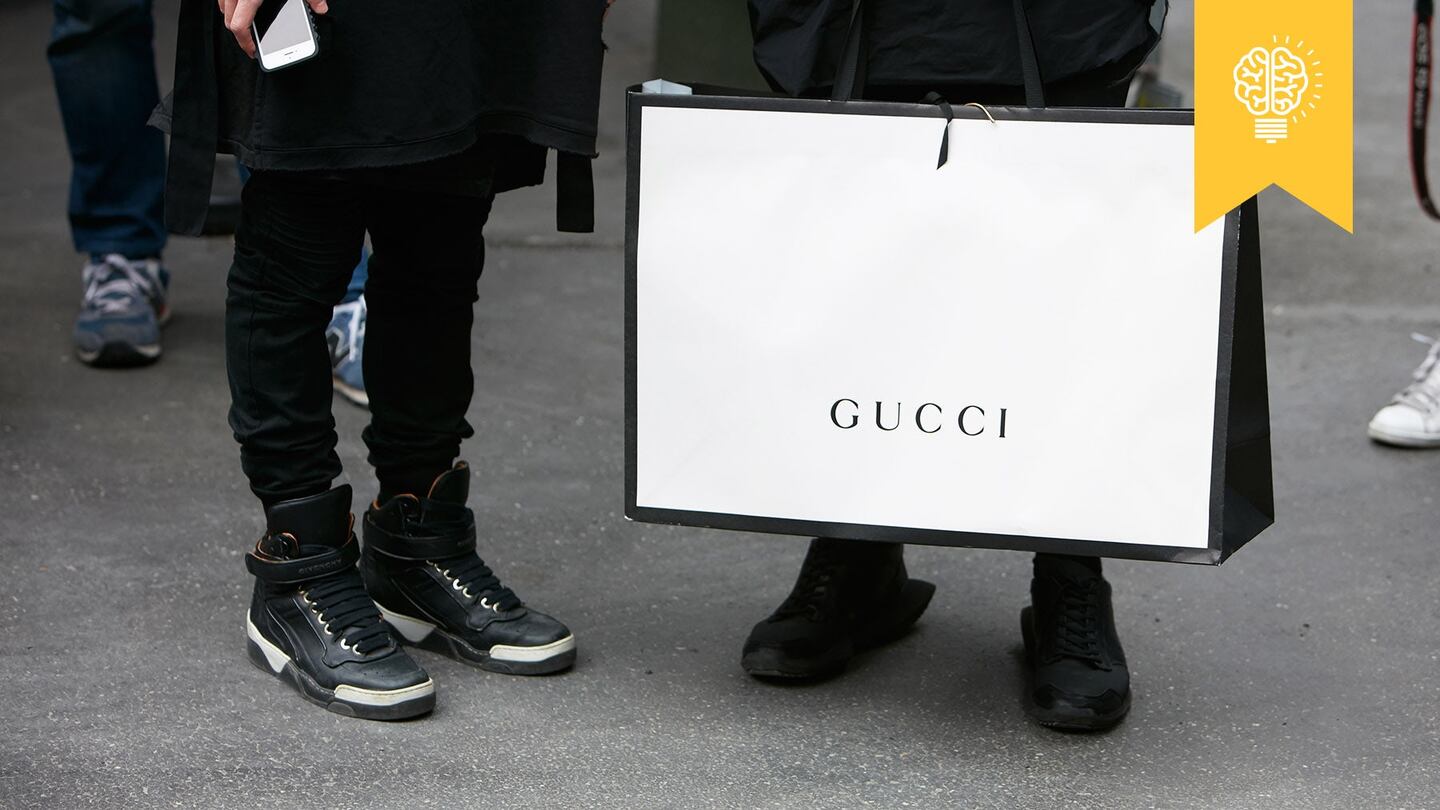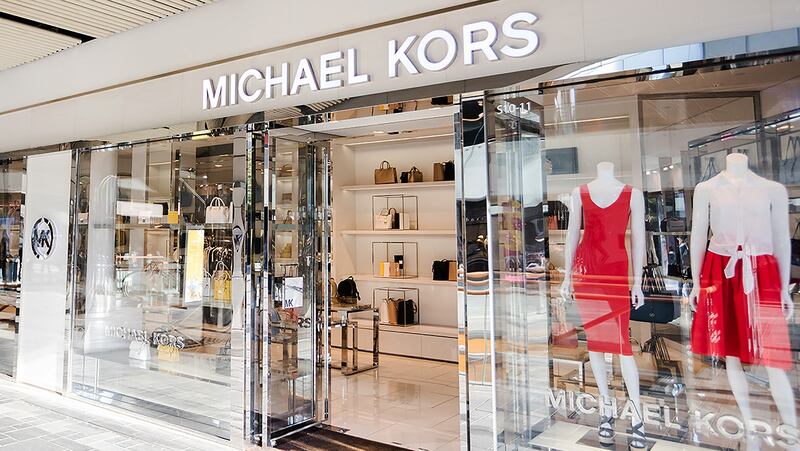
The Business of Fashion
Agenda-setting intelligence, analysis and advice for the global fashion community.

Agenda-setting intelligence, analysis and advice for the global fashion community.

Hello BoF Professionals, your exclusive weekly briefing is ready, with members-only analysis and a digest of the week’s top news. Don't forget to download the BoF Professional iPhone app to read this on your phone and get breaking news alerts.
And some mainstream brands are weaning themselves off of discounts.
Abercrombie & Fitch on Friday reported a 5 percent increase in same-store sales in the first quarter, even as the company has reduced promotions.
“Over time as our brands became less healthy and less relevant we relied on more promotional activity,” said chief executive Fran Horowitz. “But as we restore brands to health, we’re driving traffic back to our stores.”
ADVERTISEMENT
The chain isn’t abandoning sales entirely, however.
“We are stepping away from promotions, but it’s part of our business model,” she said. “Black Friday is Black Friday is Black Friday.”
THE NEWS IN BRIEF
BUSINESS AND THE ECONOMY

Michael Kors store | Source: Shutterstock
Michael Kors forecasts annual profit below estimates. Net income attributable to the company was $44.1 million in the fourth quarter ended March 31, compared with a net loss of $26.8 million a year earlier. Revenue rose to $1.18 billion from $1.06 billion. However, Kors' forecast for yearly earnings was largely below Wall Street estimates, driving its shares down 7 percent.
Lululemon first-quarter profit beats expectations. Revenue jumped 25 percent to $649.7 million, up from $520.3 million a year ago, sending the Canadian company's shares to an all-time high in after-hours trade. The brand is on track for $4 billion in revenue in 2020, according to chief operating officer Stuart Heselden.
L'Oréal wins Valentino perfume and beauty licence. The French beauty firm will produce fragrances and cosmetics for Valentino, winning a licence previously held by Puig. L'Oréal's luxury products division already makes fragrances and cosmetics for Armani and Saint Laurent as well as its own labels such as Lancôme.
ADVERTISEMENT
Brock Collection signs exclusive partnership deal with Onward Luxury Group. US consumers account for 75 percent of Brock's current sales, but the brand wants to shrink that figure to 30 percent via the partnership with Onward, which will start with the Resort 2019 collection in June. International growth is critical as Brock attempts to more than double sales in the next three years, and eventually launch an accessories line.
Mansur Gavriel to launch men's line. Co-founders Floriana Gavriel and Rachel Mansur are launching a collection of men's accessories launching for Pre-Fall 2018. They will be sold at the brand's New York and Los Angeles stores, as well on their e-commerce site and with exclusive partner Mr Porter. A second menswear capsule for Autumn/Winter 2018, which includes ready-to-wear and footwear, will follow in September.
PEOPLE

Humberto Leon and Carol Lim of Opening Ceremony | Photo: Roe Ethridge
Opening Ceremony lays off 23 amid search for new investor. Opening Ceremony has reduced its corporate staff by at least half in multiple rounds of layoffs since early 2018, said one source familiar with the company's operations. The most recent round of layoffs was the biggest yet and affected nearly everyone that worked on its in-house collection. There were also cuts to other departments, including e-commerce.
Stuart Weitzman executive sues Tapestry over sexual harassment claims. The fashion company and its owner is being sued by executive Thomas Gibb, who alleged he was sexually harassed by the brand's recently departed creative director, Giovanni Morelli. In a lawsuit filed in Manhattan state court, Gibb said he endured "numerous unwanted touchings and endless comments" from Morelli, and the conduct continued despite a complaint to human resources.
British Vogue names Sinéad Burke and Stella McCartney among top influential women. The fashion publication's inaugural "The Vogue 25," which highlighted influential women working in sectors such as the arts and entertainment, science, politics, media and law, also spotlighted human rights lawyer Amal Clooney, singer Dua Lipa, models Adwoa Aboah and Edie Campbell.
Vogue alumna Jaime Perlman launches magazine. The new bi-annual publication and digital platform, titled "More or Less," will live under Jaime Perlman Studio, which is Perlman's creative direction agency and consultancy founded in 2017. The title, featuring Kate Moss on the cover of its debut issue, launches at Idea Books on May 31, followed by a number of selected retailers worldwide on June 1.
ADVERTISEMENT
MEDIA & TECHNOLOGY
American Vogue hit with layoffs. About eight people from across the title have been laid off as part of an internal reorganisation — including the director of communications and a Vogue.com senior market editor — according to sources close to the magazine. The departures come as parent company Condé Nast is doubling its efforts to cut its overhead costs and streamline its staff by sharing resources across titles.
De Beers to sell man-made diamonds. The company will start selling man-made diamond jewellery at a fraction of the price of mined gems, marking a historic shift for the world's biggest diamond miner. It vowed for years that it wouldn't sell stones created in laboratories. The strategy is aimed at undercutting rival lab-diamond makers, who have been trying to make inroads into the $80 billion gem industry.
Moda Operandi expands into menswear. The launch is part of an ambitious growth plan for the New York-based e-tailer, which raised $165 million in 2017 and is preparing to enter Asia in 2019. Last year Moda Operandi reported about $165 million in revenue. Chief executive Deborah Nicodemus expects the company to grow another 54 percent in 2018.
Walmart files six tech patent applications. The big box retailer has filed for several patents aimed at improving its shopping experience, including in-store drone assistants, wearable tracking devices, smart shopping carts, in-store inventory trackers and blockchain-powered delivery trucks.
BoF Professional is your competitive advantage in a fast-changing fashion industry. Missed some BoF Professional exclusive features? Click here to browse the archive.
The rental platform saw its stock soar last week after predicting it would hit a key profitability metric this year. A new marketing push and more robust inventory are the key to unlocking elusive growth, CEO Jenn Hyman tells BoF.
Nordstrom, Tod’s and L’Occitane are all pushing for privatisation. Ultimately, their fate will not be determined by whether they are under the scrutiny of public investors.
The company is in talks with potential investors after filing for insolvency in Europe and closing its US stores. Insiders say efforts to restore the brand to its 1980s heyday clashed with its owners’ desire to quickly juice sales in order to attract a buyer.
The humble trainer, once the reserve of football fans, Britpop kids and the odd skateboarder, has become as ubiquitous as battered Converse All Stars in the 00s indie sleaze years.